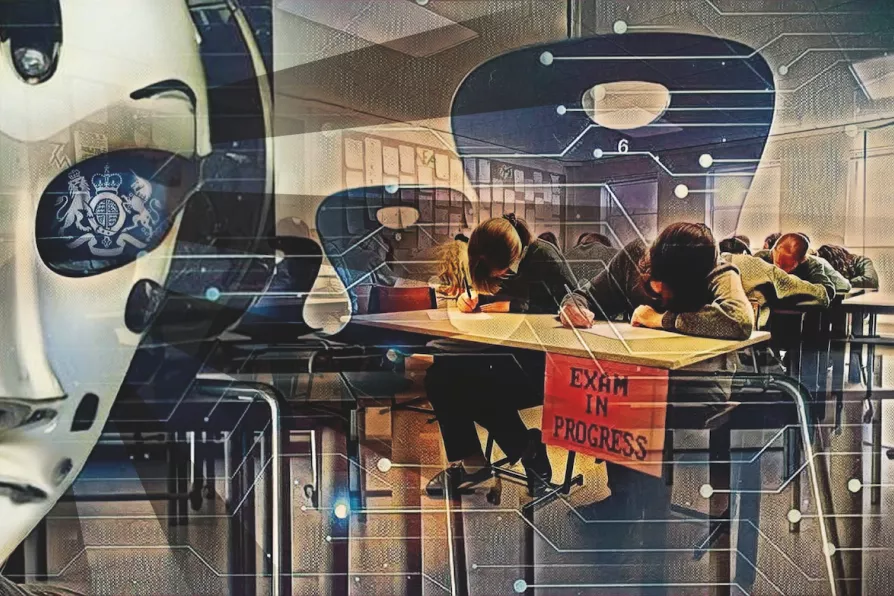CHRISTOPHE DOMEC speaks to CHRIS SMALLS, who helped set up the Amazon Labor Union, on how weak leadership debilitates union activism and dilutes their purpose


NEW technology is always heralded by two contradictory, yet both valid, views. Firstly, it will replace us and lead to mass job losses and secondly, it will free us, allowing us to pursue more leisurely pursuits while robots complete arduous tasks.
The same debate is currently being fought in the sphere of education. The rising popularity of artificial intelligence (AI) chatbots such as ChatGTP has led to some denouncing AI and some heralding it as a labour-saving device.
The current Education Secretary Gillian Keegan told an international meeting of international education ministers — not teachers, she won’t talk to us — about her views on the role of AI in education.

NICOLA SARAH HAWKINS explains how an under-regulated introduction of AI into education is already exacerbating inequalities












